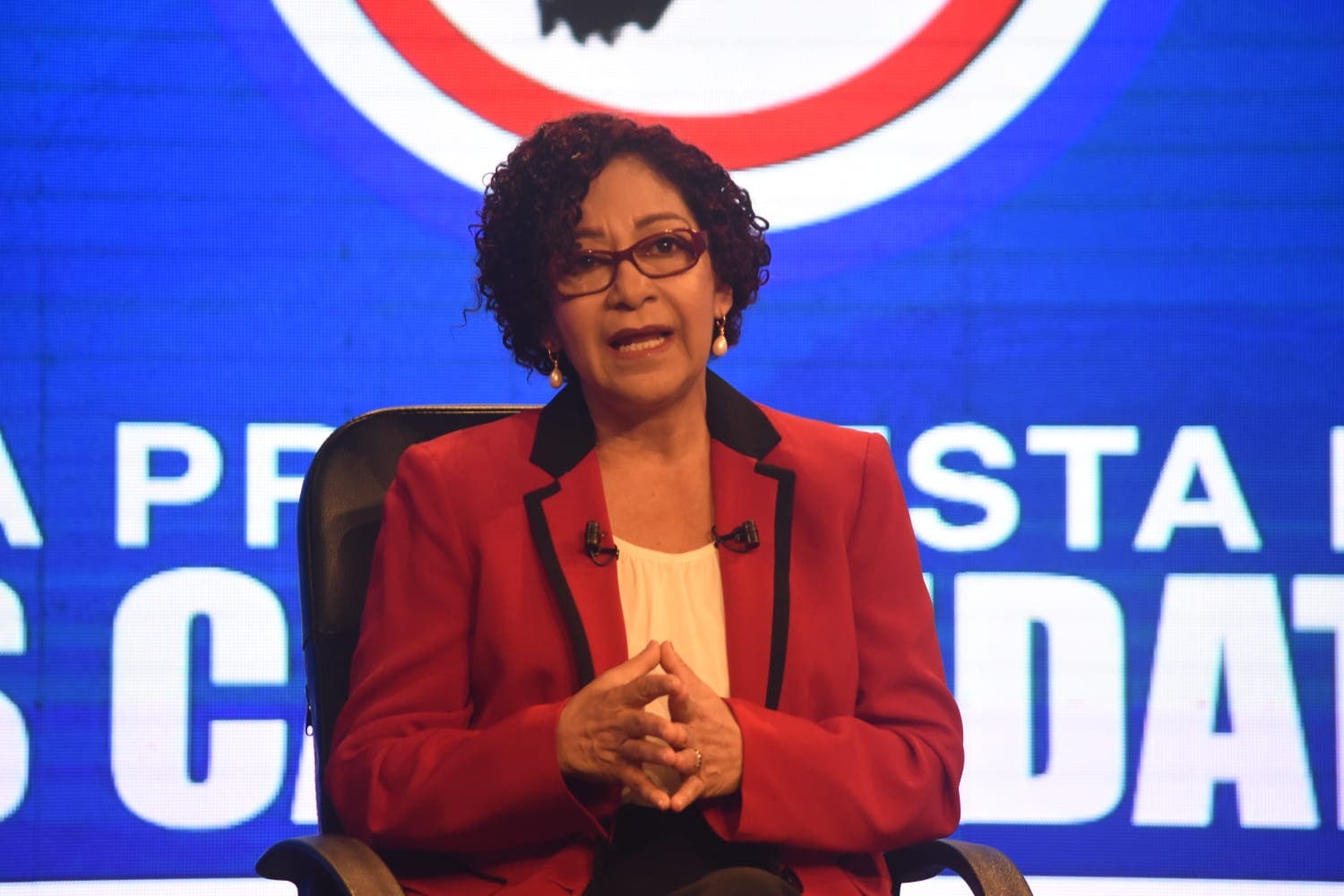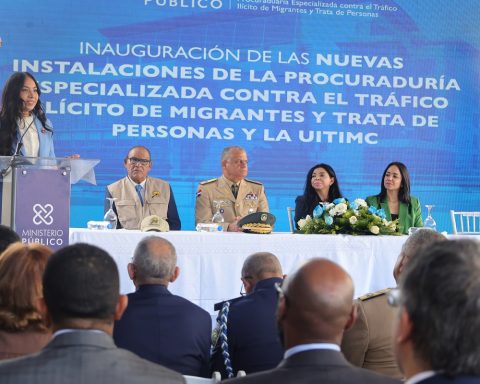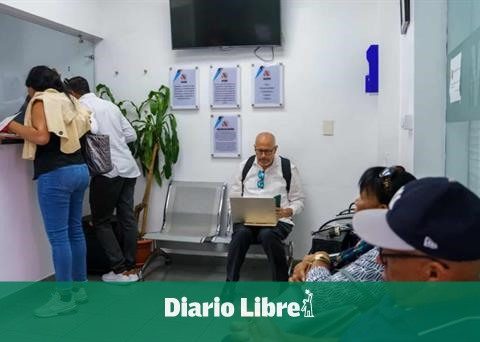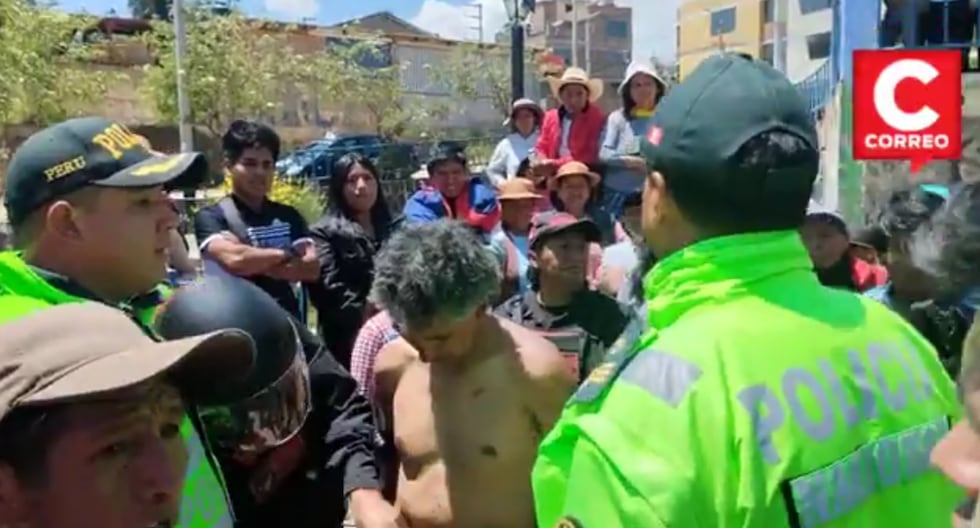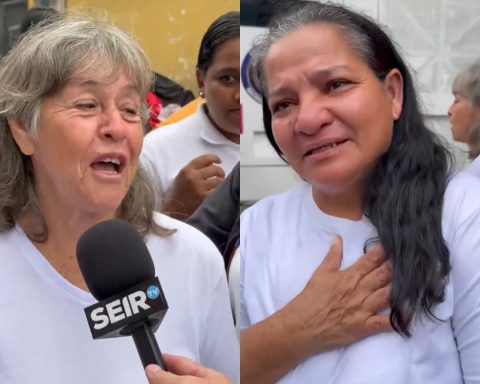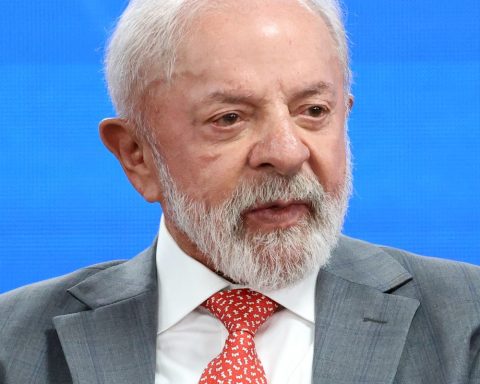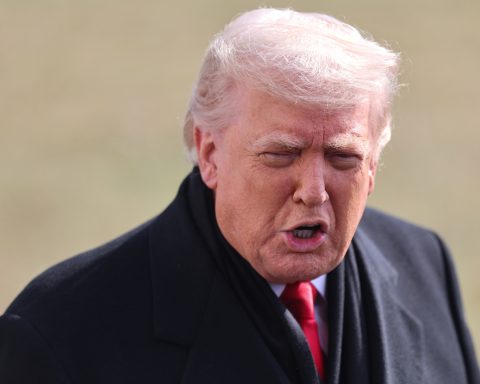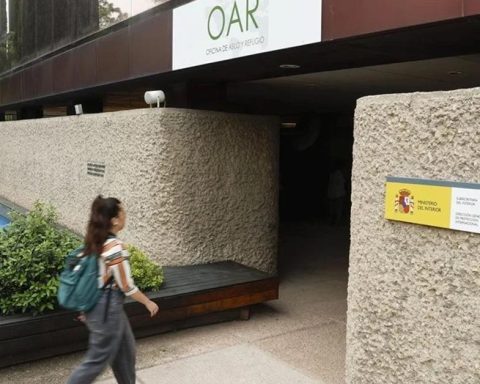Santo Domingo.- The acting president of the Frente Amplio, María Teresa Cabrera, described as “unacceptable” the so-called “fiscal modernization proposal” that the government intends to impose.
“The tax reform proposed by President Abinader is inadmissible, since almost 80% of the tax burden it poses falls on the middle class and the most impoverished sectors,” says a press release issued by the political organization.
Cabrera explained that, instead of reversing the regressive nature of the tax regime, this proposal would deepen it, causing those who have the least to continue paying more taxes.
“Ultimately, this proposal does not promote social equity,” he added.
As an example, he mentioned that the country’s main private commercial bank reported a few months ago that, last year, it generated profits of more than 30 billion pesos, but only paid 7,384 million in taxes.
We invite you to read: Pastors with divided opinions on taxes on churches in the tax reform
«If that bank contributed 12 billion in taxes, it would still have 18 billion in profits left to distribute among its shareholders. That is, they could contribute more to the State and still continue to obtain great benefits,” he stated.
Cabrera stressed that this would be a minimal gesture of justice, since these bank profits are largely fueled by savers’ money and reserves accumulated in the AFPs, which manage workers’ pension funds.
«A government with true political will to generate tax justice should target large profits as a source of revenue, instead of increasing taxes on those who earn less income. However, this government prefers to protect the richest and punish the middle and impoverished sectors. For this reason, the people must make themselves heard in the streets, through civic and peaceful mobilization, so that their voice is heard,” Cabrera stressed.
Finally, the leader of the Broad Front invited workers, popular sectors and citizens in general to participate today at 5 pm in the cacerolazo in front of Congress.
“Because, in the end, the voice of the people is only heard in the streets and squares, through civic, peaceful and orderly mobilization,” Cabrera concluded.
